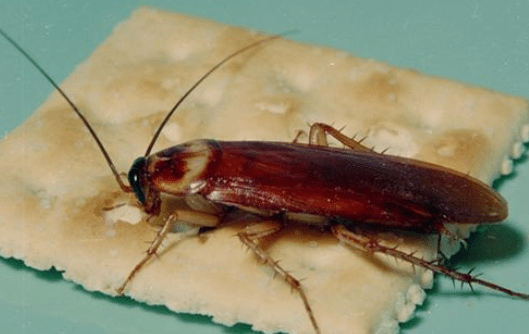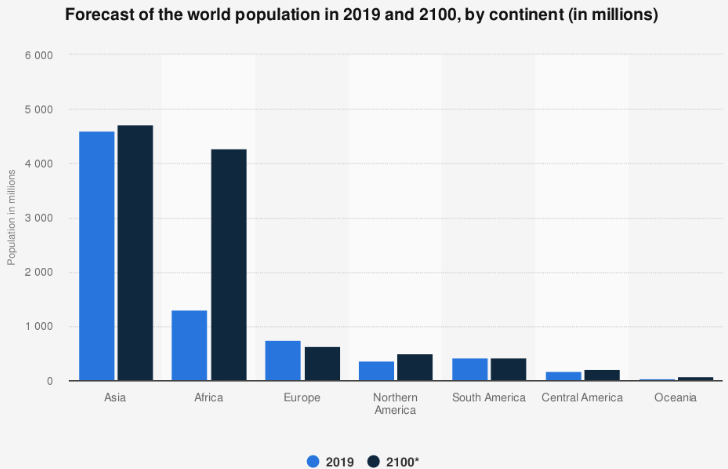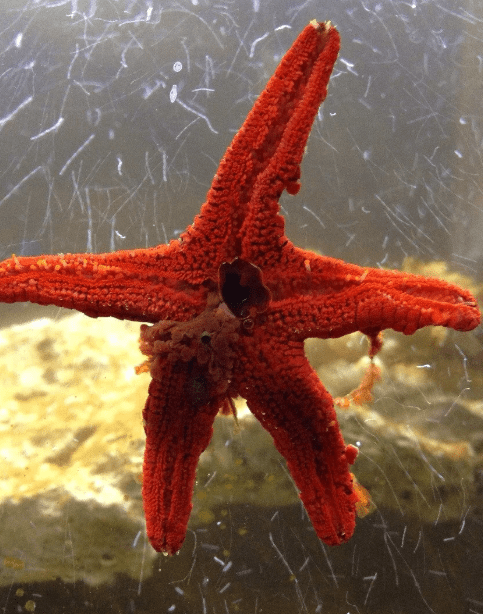What do we call a natural event that can cause harm to people or the environment? (pg 6)
Natural Hazard
_______ are used by humans for survival and to improve the quality of their lives. (pg. 78)
A) Material Resources
B) Energy Resources
C) Non Renewable Resources
D) Natural Resources
D) Natural Resources
A group of individuals of the same group species living in the same place at the same time is a _______________. This statement is ________. (pg 126 - 128)
A) population, true
B) population, false
C) growth rate, rate
A) population, true
What is point source pollution?
SPEECH RESPONSE (pg. 185)
Answer: When harmful materials enter the Earth's hydrosphere from a single, identifiable source.
Which of the following creatures is known to regrow its head if it gets chopped off?
A) Cockroach
B) Jellyfish
C) Worm
D) Snake
Cockroach
Which of the following is not a Geologic Hazard? (pg 7-9)
A) Earthquake
B) Tsunami
C) Severe Thunderstorm
D) Volcanic Eruption
C) Severe Thunderstorm
Renewable resources can be replaced naturally over time, while nonrenewable resources are limited and take millions of years to form. An example of a renewable resource is ________, while an example of a nonrenewable resource is ________. (pg 85)
A) coal; sunlight
B) wind; oil
C) natural gas; water
D) wood; wind
B) wind; oil
 Based on the graph, which continent is expected to have the largest population increase from 2019 to 2100?
Based on the graph, which continent is expected to have the largest population increase from 2019 to 2100?
A) Asia
B) Europe
C) Africa
D) North America
C) Africa
The atmosphere is -
A) the layer of gases that surrounds earth.
B) the layers of solid rock that forms earth.
C) the layers of living organisms on earth.
D) Pollutants on earth
A) the layer of gases that surrounds earth
What type of animal is known to eat its own skin in extreme cases of stress or injury?
A) Lizard
B) Rat
C) Starfish
D) Fish
Starfish

Historical Data can include the locations of past events as well as their frequency, __________, and effects on the environment or people. (pg. 29)
A) temperature
B) magnitude
C) Hazards
D) Pressure
B) magnitude
 This biomass engineer investigates the quality of biofuel made from algae. What is algae?
This biomass engineer investigates the quality of biofuel made from algae. What is algae?
A) a type of organism
B) a renewable resource
C) a natural resource
A) a type of organism
Per capita consumption means the amount of a resource used per person in a certain area. If a country has a high per capita water consumption, what does that mean? (pg. 139)
A) The total population is very large.
B) Each person, on average, uses a lot of water.
C) The country has the most water in the world.
D) Only a few people have access to water.
B) Each person, on average, uses a lot of water.
What animal has gone extinct on earth within the last 100 years? (pg. 187)
A) Woolly Mammoth
B) Passenger Pigeon
C) Dodo
D) Saber-Toothed Tiger
B) The Passenger Pigeon is an animal that went extinct within the last 100 years. The last known individual, named Martha, died in captivity in 1914. Passenger pigeons were once abundant in North America, but overhunting and habitat destruction led to their rapid decline and eventual extinction.
Which animal can sleep for up to three years without eating or drinking?
A) Bear
B) Snail
C) Bat
D) Frog
B) Snail
A __________ includes a thunderstorm and snowstorm. A wildfire would be an example of a _________. (pg. 37)
A) Climate Hazard, Weather Hazard
B) Weather Hazard, Geologic Hazard
C) Weather Hazard, Climate Hazard
D) Climate Hazard, Geologic Hazard
C) Weather Hazard, Climate Hazard
A) 3.2%, True
B) 2.5%, False
C) 2.5%, True
D) 3.4%, False
C) 2.5%, True
What is the primary cause of habitat destruction? (pg. 154)
A) Overpopulation of animals
B) Deforestation and urbanization
C) Natural disasters
D) Planting trees in urban areas
B) Deforestation and urbanization
What is one main reason for climate change?
A) Increased volcanic activity
B) Deforestation and burning of fossil fuels
C) Changes in the Earth's orbit
D) Decrease in ocean currents
B) Deforestation and burning of fossil fuels
What would happen if the Moon suddenly disappeared?
A) The oceans would stop moving
B) Earth would stop rotating
C) Days would become much longer
D) A huge meteor storm would hit Earth
C) Days would become much longer
If the Moon suddenly disappeared, Earth would lose the stabilizing effect the Moon has on the planet’s rotation. This would cause Earth's rotation to gradually slow down over time, lengthening the days. The oceans wouldn't stop moving, but tidal patterns would change drastically. Additionally, Earth wouldn't stop rotating immediately, and a meteor storm wouldn't occur simply from the Moon vanishing.
Which of the following warning signs might indicate that a landslide is about to occur?
A) Sudden increase in animal activity in the area
B) Trees and fences tilting or shifting downhill
C) Clouds forming lower in the sky than usual
D) A sudden drop in temperature
B) Trees and fences tilting or shifting downhill
What is the primary reason most of Earth’s freshwater is not available for human use?
A) It is polluted beyond use.
B) It is trapped in glaciers and ice caps.
C) It evaporates too quickly.
D) It is too deep underground to reach.
B) It is trapped in glaciers and ice caps.
What was one of the main reasons humans migrated historically?
A) To explore new technologies
B) To escape conflict and harsh weather
C) To create empires and industries
D) To avoid interactions with other human species
B) To escape conflict and harsh weather
What is one of the main impacts of human activities on the environment?
A) Human activities create more natural resources
B) Human activities have no impact on ecosystems
C) Human activities can lead to habitat destruction for plants and animals
D) Human activities help maintain the balance of nature
C) Human activities can lead to habitat destruction for plants and animals
If you could breathe on Mars, what would the air smell like?
- A) Freshly baked cookies
- B) Rotten eggs
- C) A metallic odor
- D) A blend of pine and ocean air
C) A metallic odor
If you could breathe on Mars, the air would likely have a metallic smell due to the presence of iron oxide (rust) in the Martian soil and dust. The thin atmosphere on Mars consists mostly of carbon dioxide, but the trace gases, including compounds like ammonia, can contribute to the metallic scent.